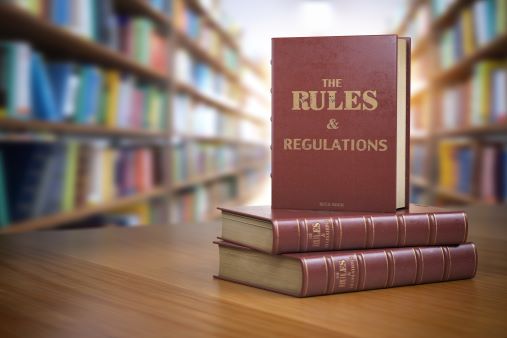On Sept. 7, President Barack Obama issued an Executive Order directing that all new federal procurement contracts contain a clause specifying that all employees whom perform work under a federal contract or subcontract shall earn not less than 1 hour of paid sick leave for every 30 hours worked. Significantly, the Executive Order also contains a broader definition of “paid sick leave” than employers customarily have provided. Under the Executive Order, paid sick leave includes not only absences due to physical or mental illness, injury or medical condition, but also absences for: (a) Preventative care; (b) Leave to care for a child, parent, spouse, domestic partner or “any other individual whose close association is the equivalent of a family relationship;” (c) Leave to obtain relief or treatment for domestic violence, sexual assault or stalking, including not only counseling but also the process of seeking legal redress as a victim or to assist any victim of such actions. Although the issuance of this Executive Order has been widely reported, media coverage of this development has not included the potential implications of the very broad definition of “paid sick leave” mandated for federal contractors. For such contractors, paid sick leave will now include non-medical treatment or illness absences. For example, paid sick leave typically does not include preventative care. Additionally, the use of paid sick leave for family care leave that parallels the unpaid leave granted by the Family and Medical Leave Act (FMLA) will encourage employees to use paid leave instead of FMLA leave for family care. The inclusion of individuals with “close association” equivalent to a “family relationship” is broader than unpaid FMLA leave. Finally, using sick leave for seeking redress for domestic violence or sexual assault is a new concept. Unused sick leave earned under the Executive Order cannot be lost and must be carried over year to year, as well as reinstated for any rehired employees. There is no doubt that the Executive Branch hopes that this Executive Order will lead to both broader availability and accumulation of sick leave but also a significantly expanded definition of sick leave in the private sector as well, since employers who have federal contracts may find it difficult to maintain different sick leave policies for workers not involved in performance of federal contracts. The Executive Order directs the Department of Labor to issue implementing regulations by Sept. 30, 2016. The Order will apply to all contracts awarded on or after Jan. 1, 2017.

Obama Executive Order Mandates Broadly Defined Paid Sick Leave for Federal Contractors
Subscribe
Do you want to receive more valuable insights directly in your inbox? Visit our subscription center and let us know what you're interested in learning more about.
View Subscription Center











